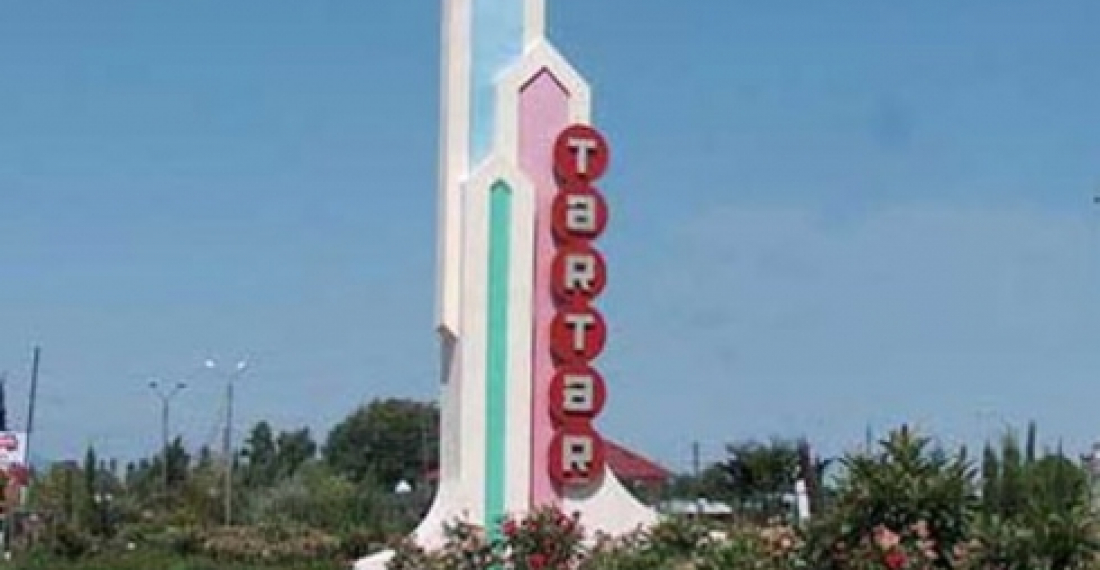Трое гражданских плучили ранения в начале этой недели, во время свадьбы в Тертерском районе Азербайджана, недалеко от линии соприкосновения армянских и азербайджанских сил в зоне карабахского конфликта. Азербайджанские военные источники обвинили армянские силы в прицельном огне по свадебному шатру, где для празднования свадьбы собрались местные жители, многие из них пожилые люди. Инцидент произошел в понедельник, 1 сентября. Среди пострадавших есть ребенок. Армения отрицает инцидент.
Со стороны Азербайджана последовала резкая реакция на инцидент. Представитель МИД Азербайджана назвал это серьезным нарушением международного гуманитарного права. Представитель министерства Хикмет Гаджиев сообщил журналистам, что международное гуманитарное право строго запрещает любую прямую и преднамеренную атаку на мирных жителей. Гаджиев отметил, что "это преднамеренный акт армянских вооруженных сил является военным преступлением в соответствии с международным уголовным правом".
Произошедший инцидент также был поднят заместителем спикера парламента Азербайджана Бахар Мурадовой. Мурадова сказала, что, несмотря на соглашение о прекращении огня между двумя странами, люди не живут в мире и провокаций подобного рода на линии фронта происходят часто, что является причиной потерь среди мирного населения и, что наносит вред их имуществу. По словам Мурадовой, каждый инцидент такого рода вызывает озабоченность и напоминает всем, что карабахский конфликт является угрозой для мира не только в регионе, но во всем мире. Мурадова призвала сопредседателей Минской группы ОБСЕ предпринять действия, чтобы устранить такие инциденты и прийти к разрешению конфликта.
источник: commonspace.eu
фото: Въезд в Тертерский район Азербайджана (фото из архива).






